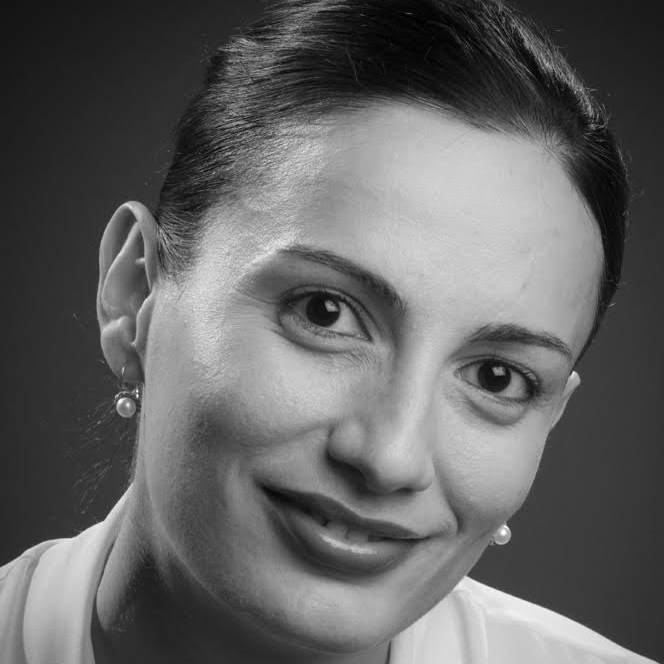Reflections on student mobility from Russia, Eastern Europe, Caucasus, and Central Asia: macro- and meso-level analyses
- Maia Chankseliani, University of Oxford
Overview
The presentation combines empirical findings and contemplations stemming from Professor Chankseliani?s recent work on internationalisation. She starts by charting the flows of students from Russia, Eastern Europe (Belarus, Estonia, Latvia, Lithuania, Moldova, Ukraine), Caucasus (Armenia, Azerbaijan, Georgia), and Central Asia (Kazakhstan, Kyrgyzstan, Tajikistan, Turkmenistan, Uzbekistan) to the EU countries since the late 1990s to show a dramatic increase in the numbers of students from this region pursuing degree programmes at European universities.
In the context marked by increasing competition between nation states and universities, expanding individualisation, growing influence of non-state actors, and the new reality of Brexit, she uses narrative and numeric data to explore the rationales of UK HE internationalisation, specifically the motives of attracting students from Eastern Europe, Russia, Caucasus, and Central Asia to the UK.
Among four main rationales of international student recruitment, the economic rationale emerges as the most decisive.
Professor Chankseliani will also look at a curious implication of student mobility for sending countries. The analysis of cross-sectional data on student mobility and attained democracy shows that former Soviet countries with higher proportions of students studying in Europe have achieved higher levels of democratic development.
In contrast, countries with higher proportions of students studying in the most popular, authoritarian destination ? the Russian Federation ? have reached significantly lower levels of democratic development.
This suggests that internationalisation of European HE can offer the potential of facilitating democratic socialisation, especially in environments where large proportions of students from less-democratic countries study in a democratic context for an extended period of time.
Related publications
- Four Rationales of HE Internationalization: Perspectives of U.K. Universities on Attracting Students From Former Soviet Countries
- Case studies of the most popular European destinations for mobile students from Russia, Eastern Europe, Caucasus, and Central Asia
- International student mobility from Russia, Eastern Europe, Caucasus, and Central Asia to the UK: trends, institutional rationales and strategies for student recruitment
- Escaping Homelands with Limited Employment and Tertiary Education Opportunities: Outbound Student Mobility from Post-Soviet Countries

